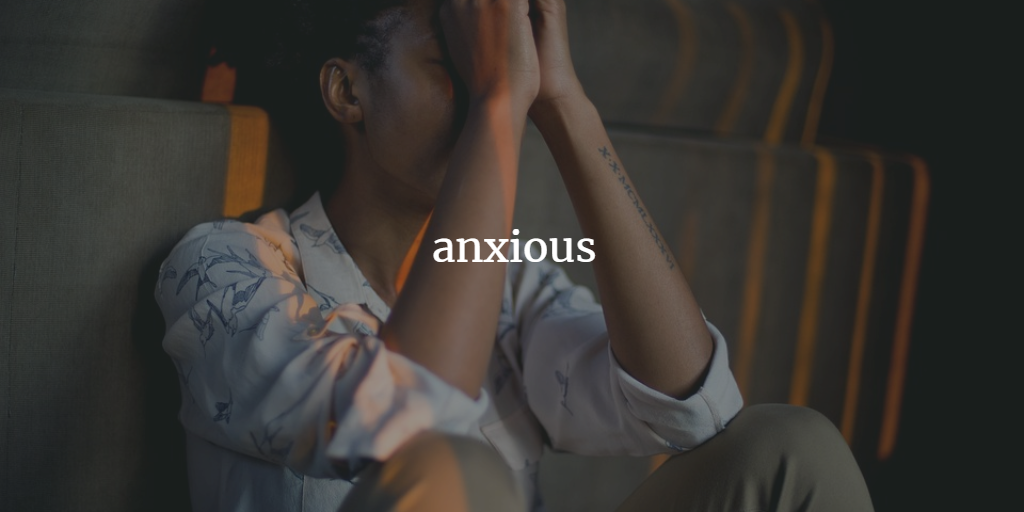Some people have a way of thinking that creates anxiety. For example, some people overestimate the likelihood of bad things happening more than others. It is easy to see how regularly presuming the worst in this way would make someone feel anxious. Unfortunately, when we feel anxious we become even less likely to think as clearly as we would like, and a viscious cycle occurs.
Anxious people can sometimes believe that worrying has a protective function. The belief they have is that being on the “look out” for danger can help them recognise and avoid it. They are constantly on red alert, unable to relax and rest. The effect of this constant vigilance of looking out for danger in this way leads on to seeing danger in relatively safe situations, further fuelling their anxiety. They get into constant worry that by considering everything that could go wrong they will better prepared to cope with it when it does. It’s a bit like a computer program running in the background slowing things down and overload happens and more anxiety.
Another way someone’s thinking can create anxiety is because they are “worried about worrying” or anxious about their anxiety. Here people become obsessive that they are harming themselves and this creates a vicious cycle, increasing their anxiety levels further still. Similarly, people worry about the physical symptoms they are experiencing when anxious (breathlessness, rapid heartbeat, sweating a lot). Unfortunately, worrying about these symptoms, which are natural body reactions, only makes them feel worse, creating the vicious cycle again. Another way to make yourself feel bad is being in judgement of how you feel. “I hate this anxiety”, “I hate being anxious” are unhelpful thoughts and add another layer of emotional charge needing to be cleared.
One other important factor that can keep people’s anxiety going is that they often change their behaviour because of their anxiety. They may avoid going to a party if anxious because they identified many potential fears. “What if no-one likes me?”, “what if I cannot think of what to say?” They put off an assignment for fear of negative feedback. Unfortunately, people tend use such avoidance strategies, which contributes to feeling stuck and they dismiss that things may have gone better than they thought, and remain anxious.
Anxiety can become self-sustaining. For example, if a person has social anxiety and that person is out in a public place their own nervousness may cause them to embarrass themselves, reinforcing the anxiety in the future.
Not having enough time to relax and do things we enjoy can also contribute to higher anxiety levels. On the other hand, having too much free time can mean that we have lots of time to engage worry and feel anxious.
After a lifetime of struggling with anxiety and depression I am now in a place to utilise the skills and wisdom I acquired on my own healing journey to help others to let go of their anxiety and embark on a healing journey for themselves. Left untreated it is certain these habitual negative feelings will grow and lead to issues in all areas of your life. If you feel this resonates with you, please get in touch and we can arrange a free 30 min consultation.
Roy Gough
Springtree Therapies
www. springtreetherpies.co.uk
Tel 07817979493
Skype edward.roy.gough

